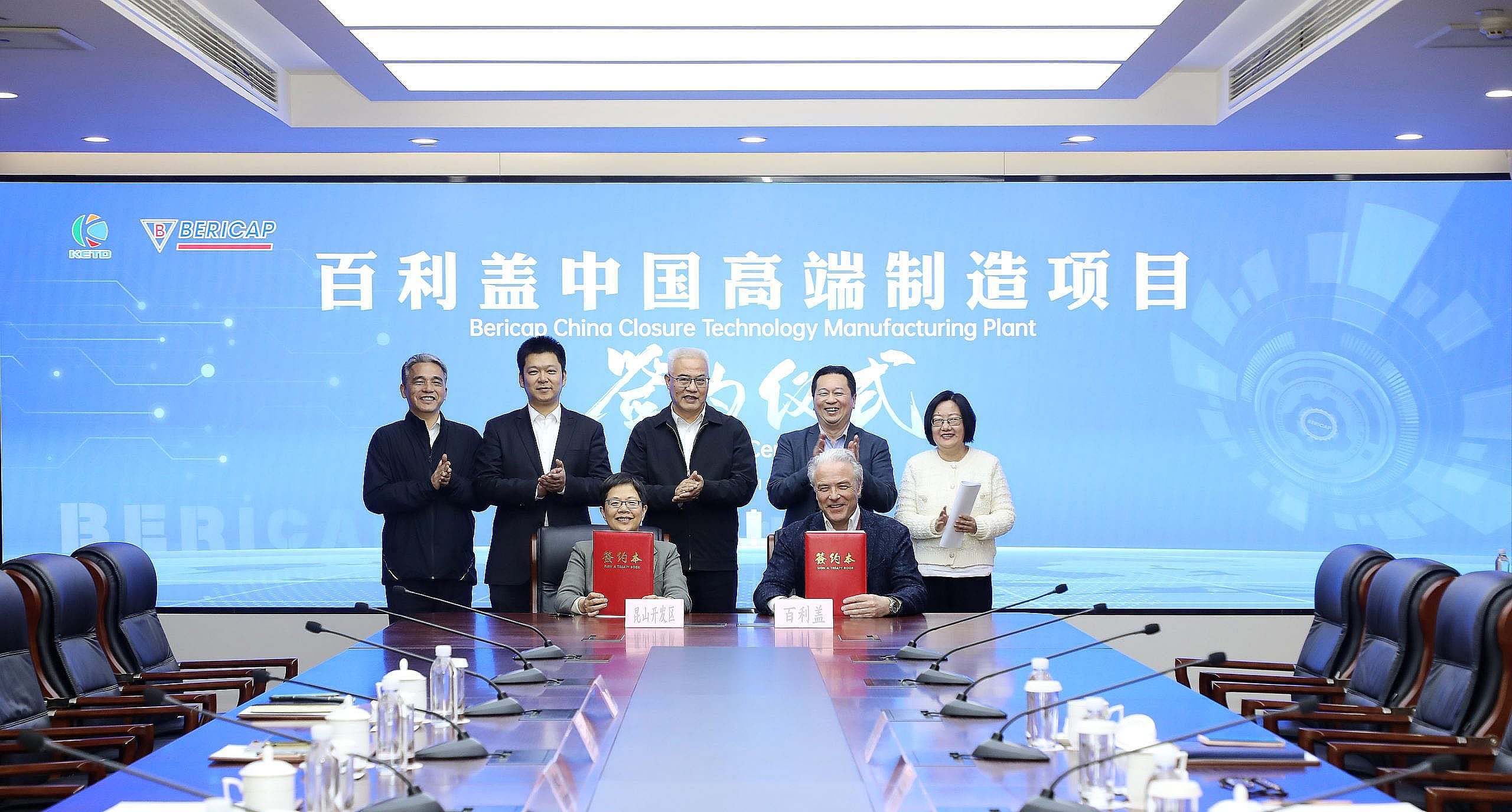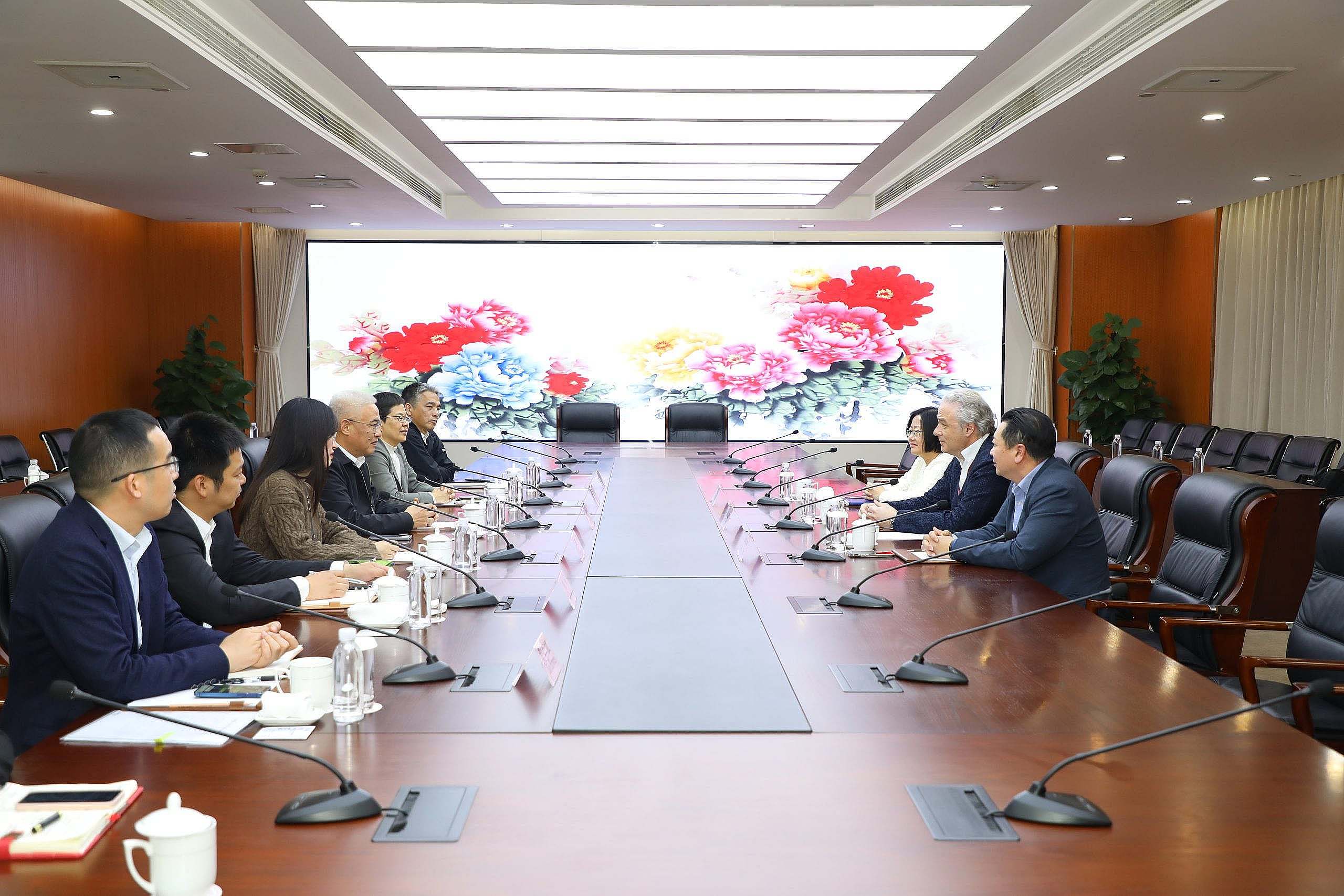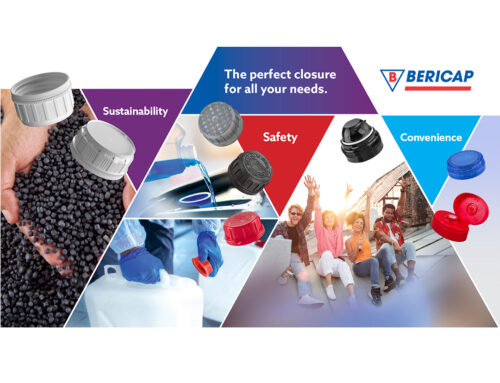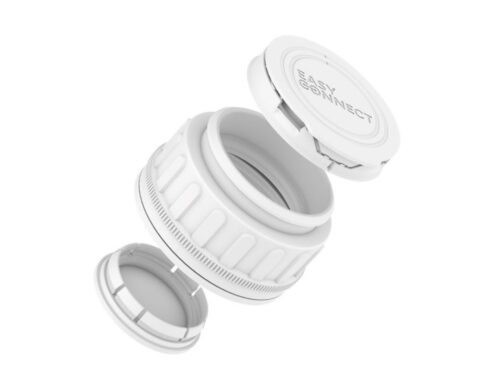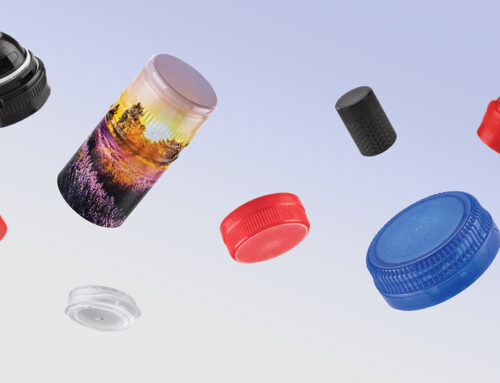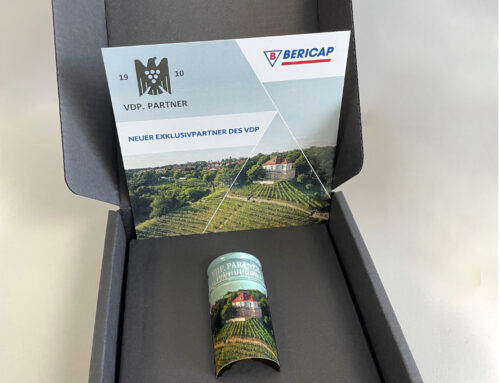Budenheim – April 17, 2024 BERICAP is investing in a new plant in Kunshan that reflects the latest standards and increases production capacity by 50% to help it more effectively cater to customer demand. This marks the next milestone for the leading global manufacturer of plastic and aluminium closures in its international growth strategy – enabling a local presence and ensuring short distances for both customer support and product logistics. BERICAP’s customers in China include major edible oil, soy sauce, and vinegar manufacturers, as well as customers in the beverage and automotive sectors.
The contract with representatives of the Kunshan Development Zone was recently signed, paving the way for the construction work on the new building in Kunshan to start this year. BERICAP is planning to start production at the new facility in 2027.
The location of Kunshan, close to Shanghai, remains a strategic fit for BERICAP, particularly since the Kunshan Development Zone aims to attract Top 500 companies worldwide as it evolves into an important business cluster focusing on the development, manufacturing, sales and display of high-end food products.
About BERICAP
BERICAP is one of the leading global manufacturers of plastic and aluminum closures, with 29 production plants serving customers in over 100 countries across the world. With specialized R&D centers and its own mold shop, BERICAP is ideally equipped for the development of innovative and climate-friendly closures and to support its customers’ success with a comprehensive portfolio of products.
Best manufacturing practices at BERICAP are centrally coordinated and regularly reviewed at each plant to ensure superior quality. All BERICAP plants are ISO 9000 and BRC-IOP or ISO 22000-certified. Its highest priorities are product safety, consumer convenience and design flexibility, as well as process safety and sustainability. BERICAP is particularly committed to material reduction through the development of lightweight designs and the use of biobased and recycled materials (PCR). In this way it is helping to conserve natural resources and close the loop in the packaging industry.
